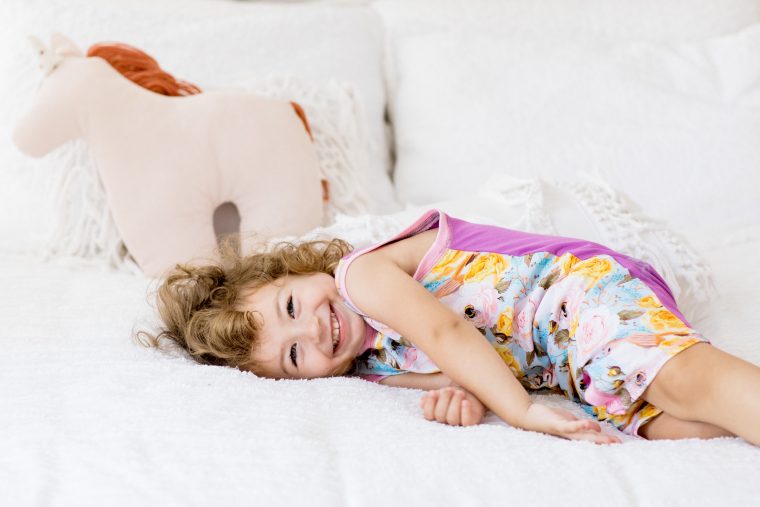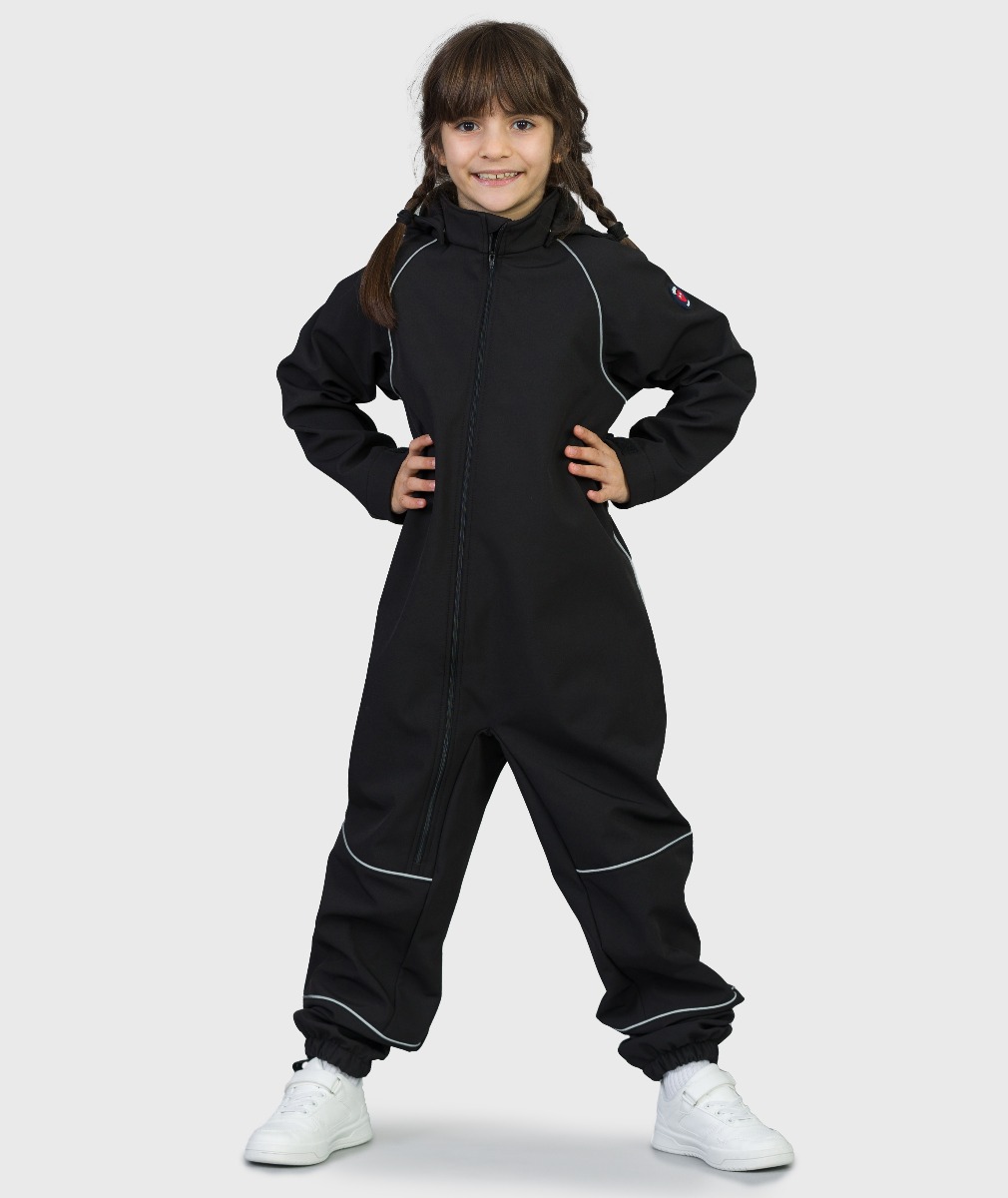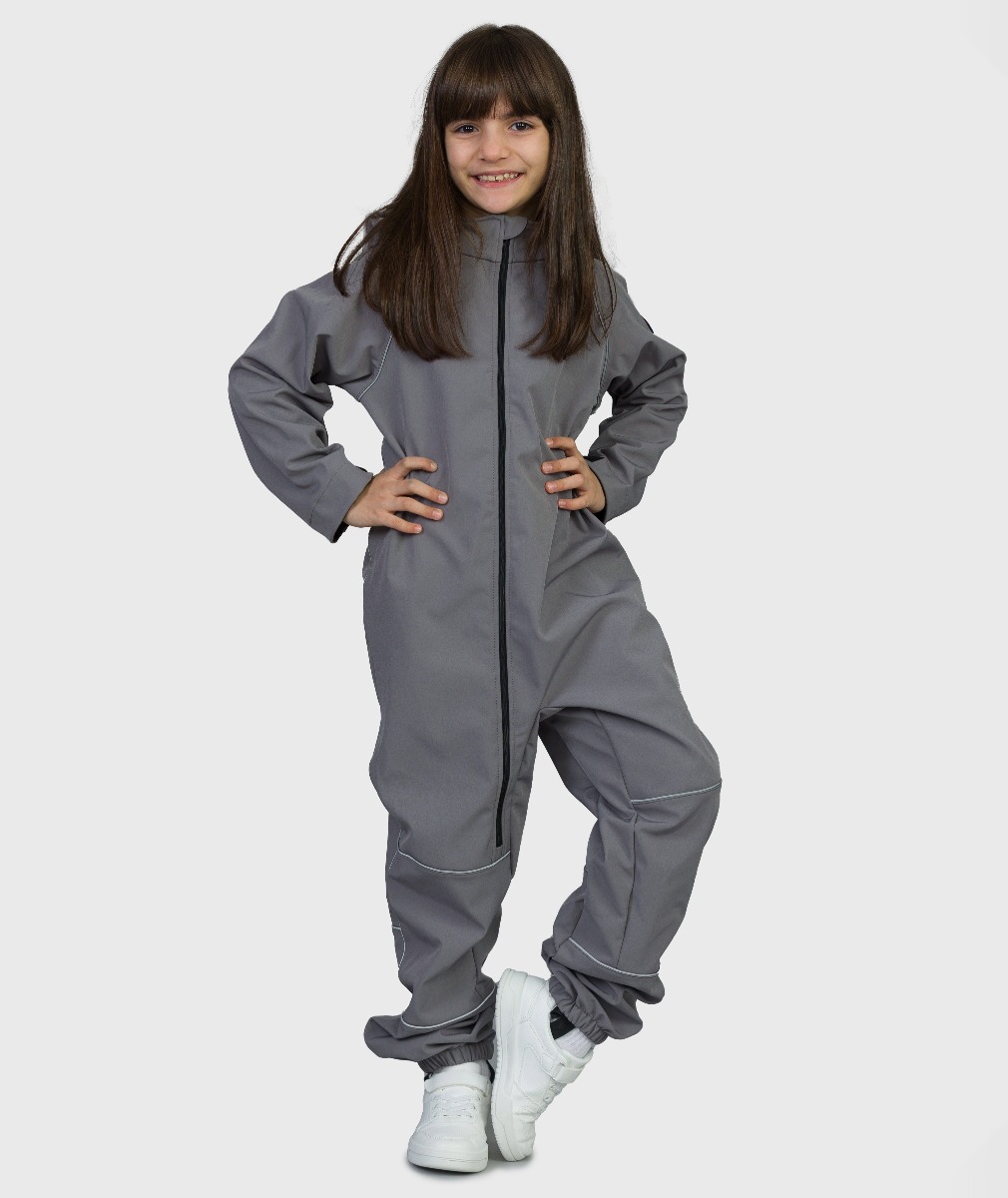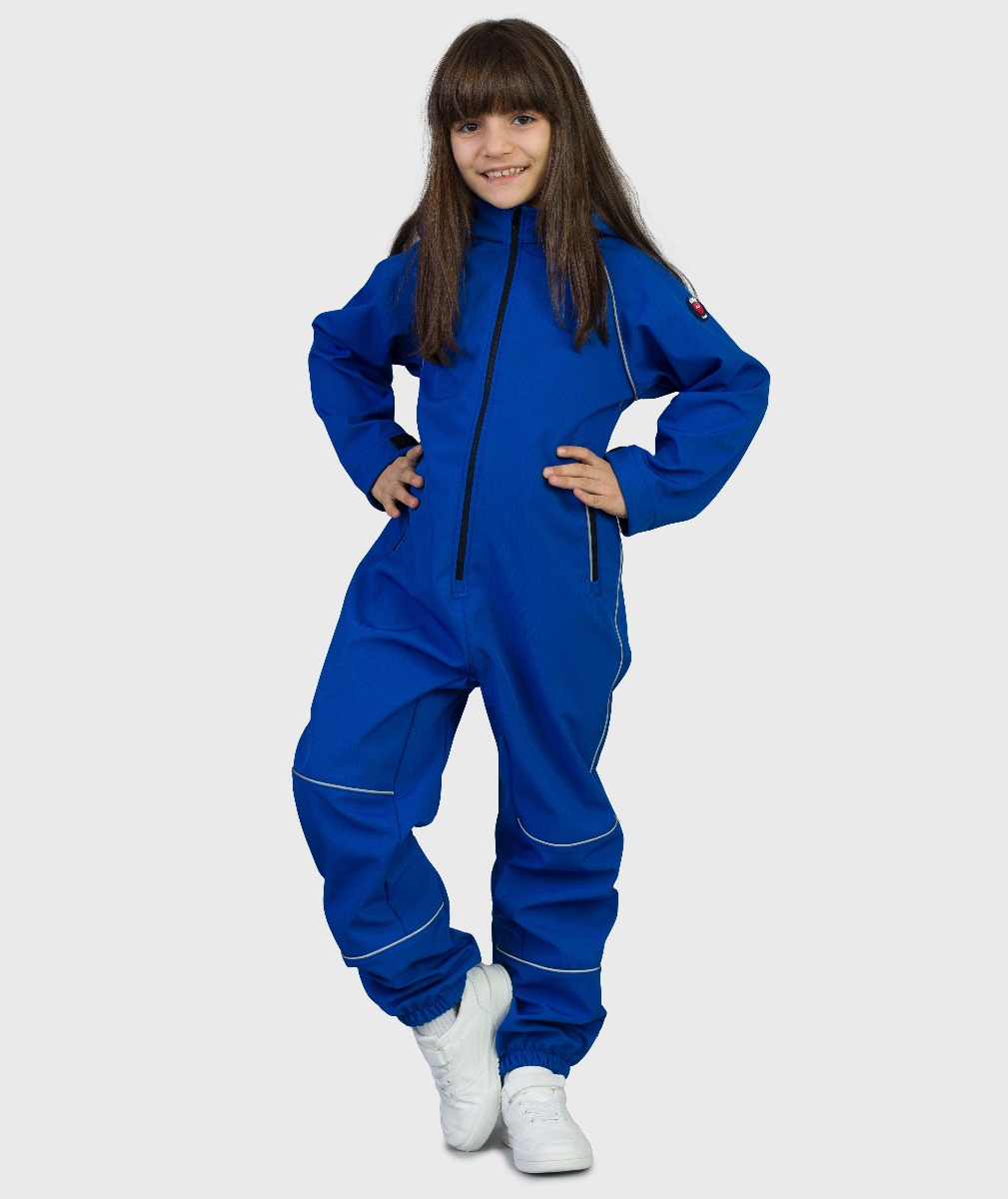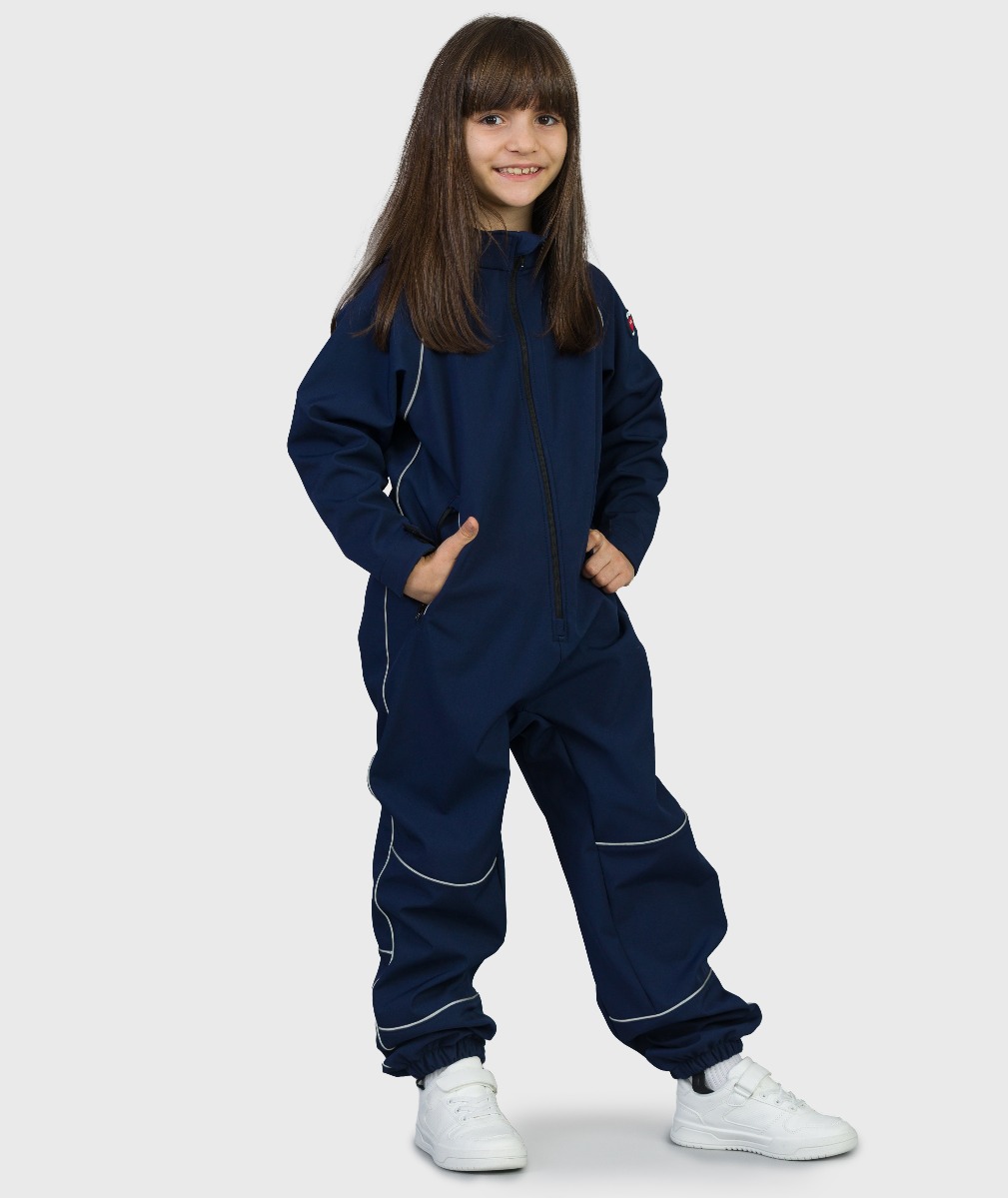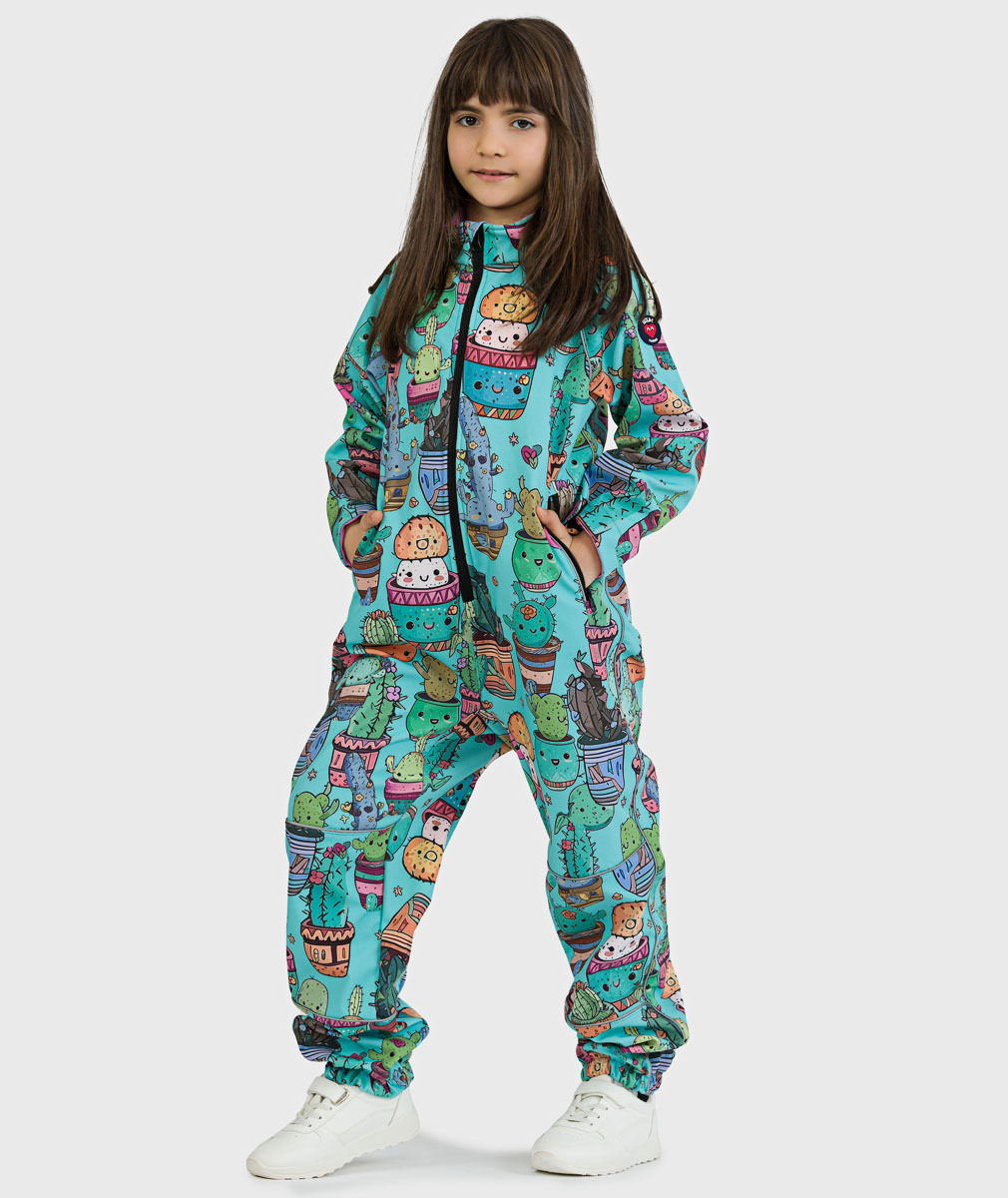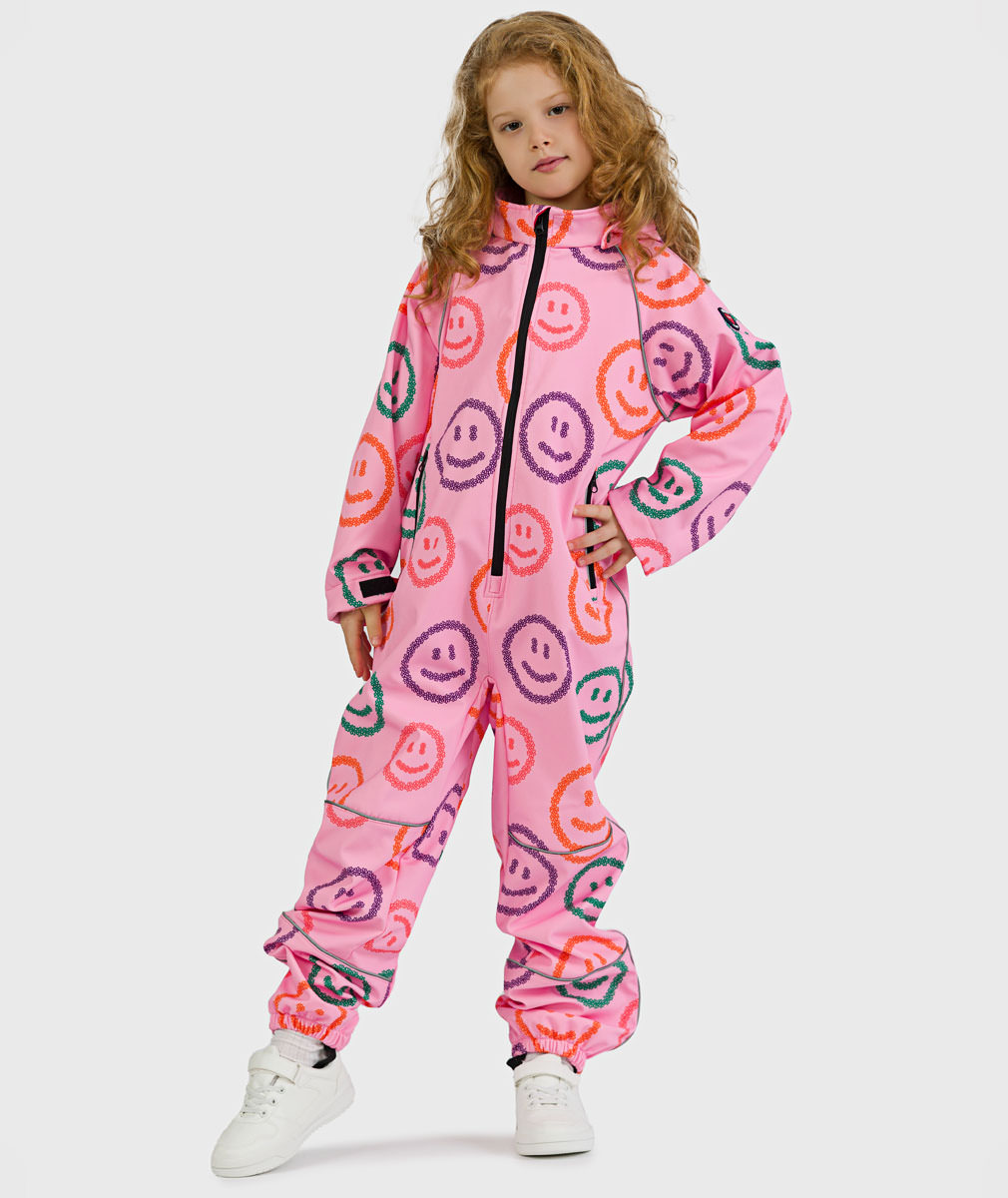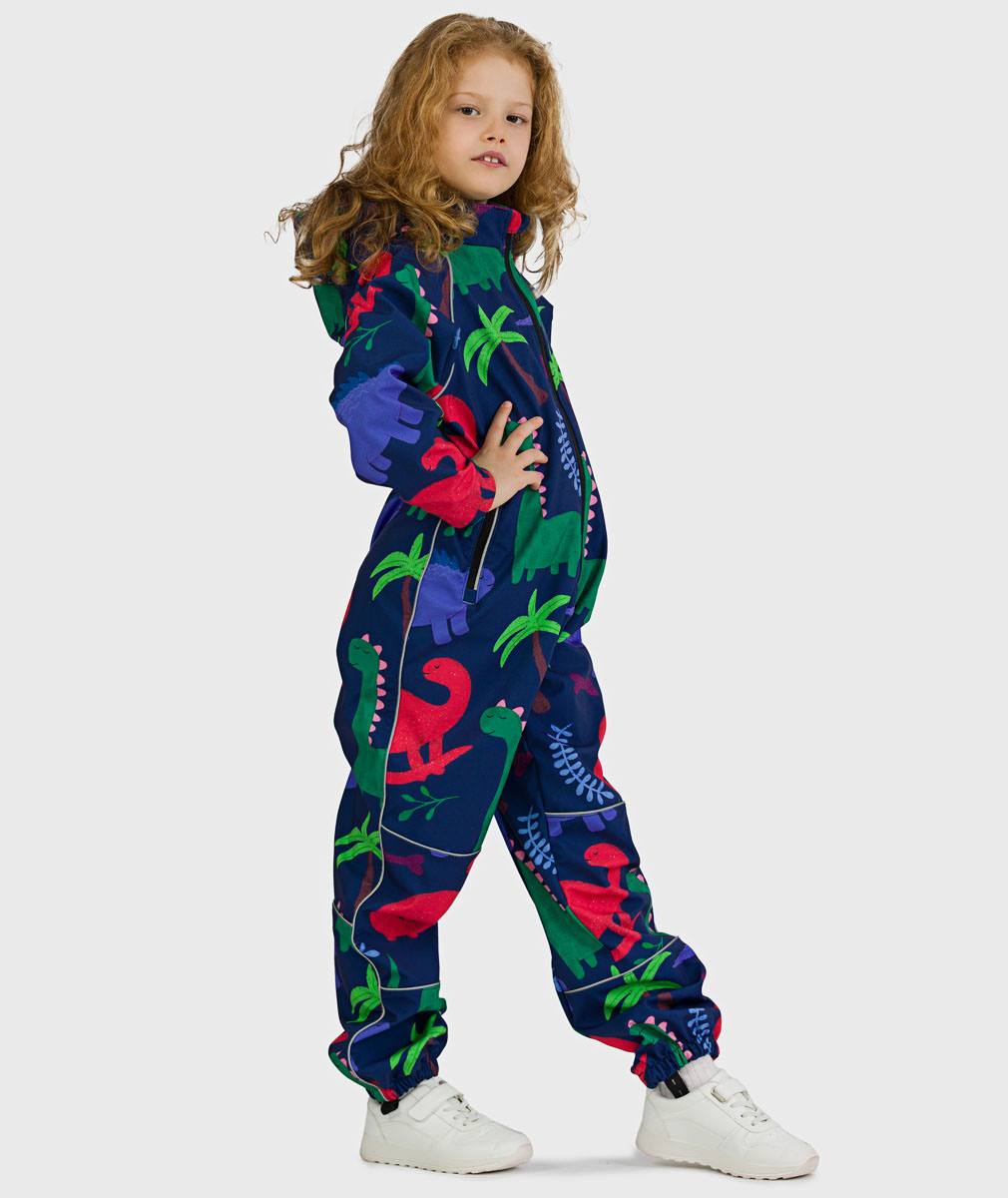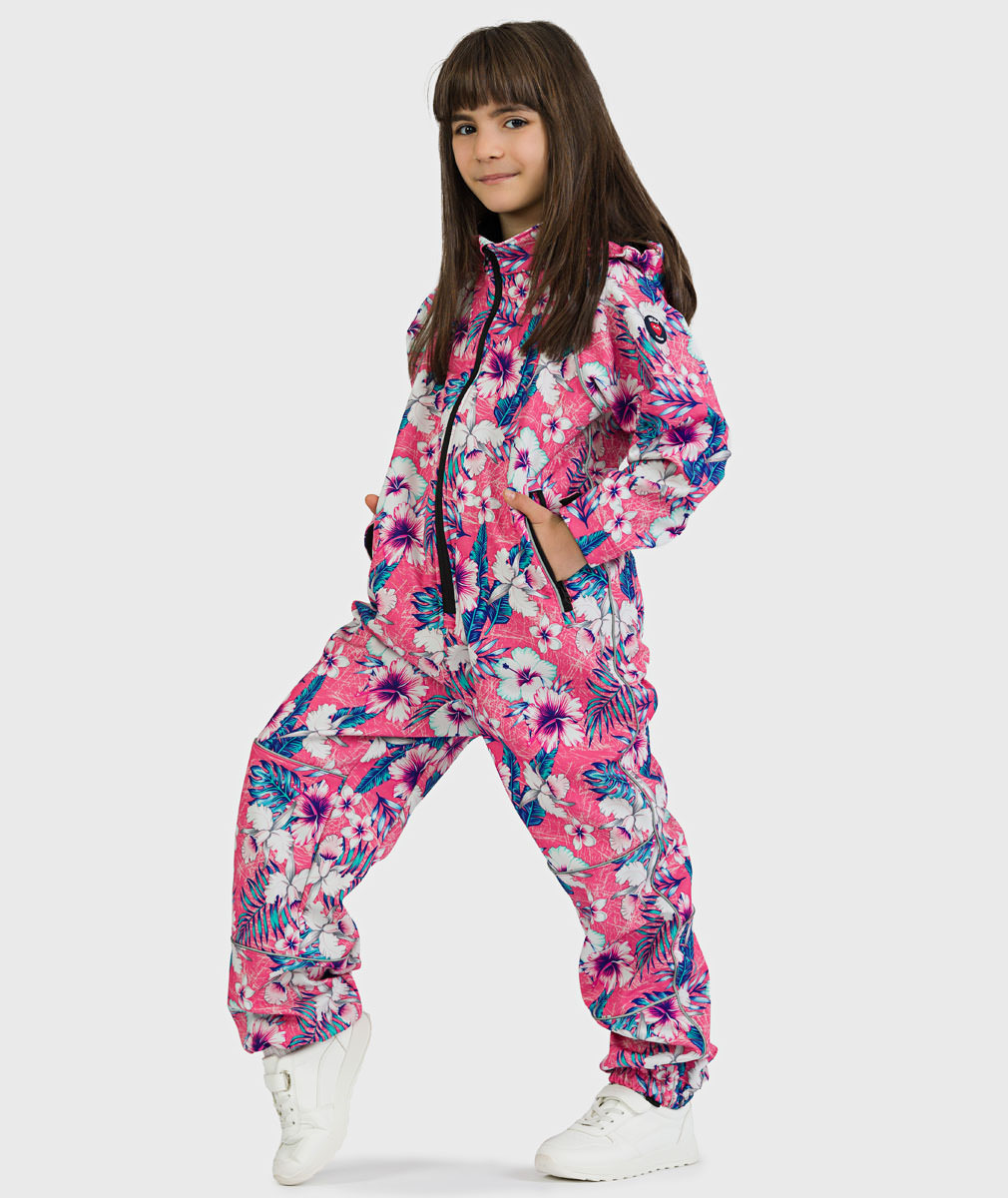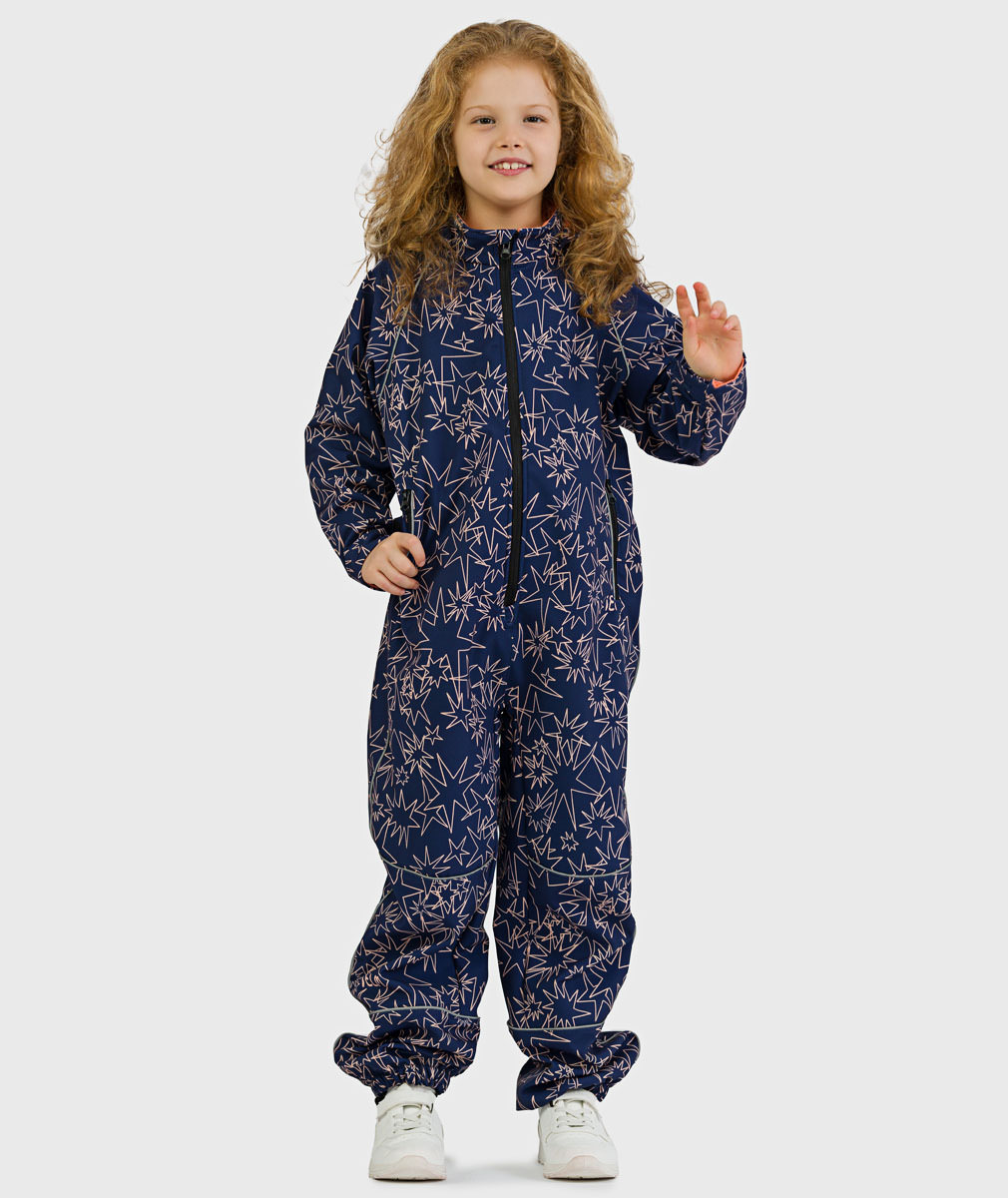Consumers’ concern about the products they use has increased over the last years. Whether it is the ingredients in our daily food diet or the fabrics our clothes are made of, we have all come to be aware that our day to day choices influence both our health and the environment and the future of our children.
Not a long time ago, the news about Greta Thunberg traveled all over the world. Whether you share her vision or not, you can not ignore the red flags about the pace with which our resources are destroyed by our lack of care towards the environment.
Just as you see that the food that you cook for your family is the best, is important that you give some thought also to the clothes of your children and family, in general. Your choices not only influence the environment but also the health of all people.
The skin, the biggest human organ, has an outstanding capacity of absorbing the substances it comes in contact with. The children’s skin is far thinner and more sensitive than the one of the adults, having a higher permeability. The chemical substances that are used in manufacturing kids clothes, be it pesticides or dyes, come into contact with their skin and can reach the blood circuit. That’s why it is very important to pay attention to the kids’ clothes that we buy.
Is it sufficient to choose kids clothes made of organic cotton?
More and more organic cotton or eco-friendly items have recently slotted into the big retailers’ offer. Would a label indicating the use of organic fibres be enough to vouch for the quality and low impact on the environment, or is there a need for more?
Many of the clothes labeled as organic have only a percentage of fibres obtained from organic agriculture. In lack of other certifications, one can not know whether the entire process of fibre treatment is safe (dyeing, bleaching etc).
How do I know that the kids’ clothes I chose are safe?
The only way to make sure that the whole process of production, from growing to finishing, complied with the highest standards, is to check the certifications of the respective item.
The best-rated clothes certifications are Oeko-Tex and GOTS
Oeko-Tex is an insurance for the consumer that the garment is not risky for the human health. The list of substances tested by Oeko-Tex is similar to the one on GOTS list. Yet, Oeko-Tex concerns only the finished product and does not take into consideration all the production steps. In addition, Oeko-Tex does not require that the employed fibres stem from organic agriculture.
What does GOTS certification mean?
The only certification that checks all the production phases of a garment (from planting to the finished product) is GOTS (Global Organic Textile Standard). GOTS is one of the most difficult certifications to obtain because it concerns each step of the production process and aims at protecting the environment, the workers but also the final consumer, as well.
The verifications conducted for this certification include seed testing, the process of harvesting the cotton, the fiber extraction, and treatment, as well as weaving, dyeing, and cutting of the fiber. GOTS also checks the workers’ conditions, compliance of their rights, and providing legally compliant remuneration.
Practically, GOTS is the highest certification that an organic garment can obtain.
| Features of the garnments/manufacturing process | Fabrics made of organic fibres but subject to rgular processing | GOTS certification fabrics |
| Only organic fibres are used | YES | YES |
| Were not treated with chemical substances harmful to the environment | NO | YES |
| The water used in processing was treated before the discharge into the environment | NO | YES |
| The workers are paid accordingly and work in optimum conditions. | NO | YES |
Why is it important for me to check the labels of the kids’ clothes that I buy?
Whether you want to buy clothes for your kids or even for yourself, it is important to take into consideration some aspects before taking the clothes to the cash register (or to the check-out of the online shop) and pay for the item:
- How does it influence my health or that of my family? Am I certain that it has not been subject to dangerous chemical substances?
- How comfortable and resistant will the respective item be? Will I be able to wear it more than once? The organic cotton is significantly softer and more comfortable than the one in the industrial production, and the fabric lasts much longer even if it is washed repeatedly.
- How was this coat made? What impact my choice will have on the environment and industry workers?
It is time that each and every one of us makes responsible and conscientious choices taking care of us but also of our planet and fellow human beings.
That is why all iELM cotton kids clothes, dresses, indoors jumpsuits, blouses or hats, are GOTS certified and carefully worked in a ventilated and well-lit studios. You can see all of them in our kids clothes online shop!

